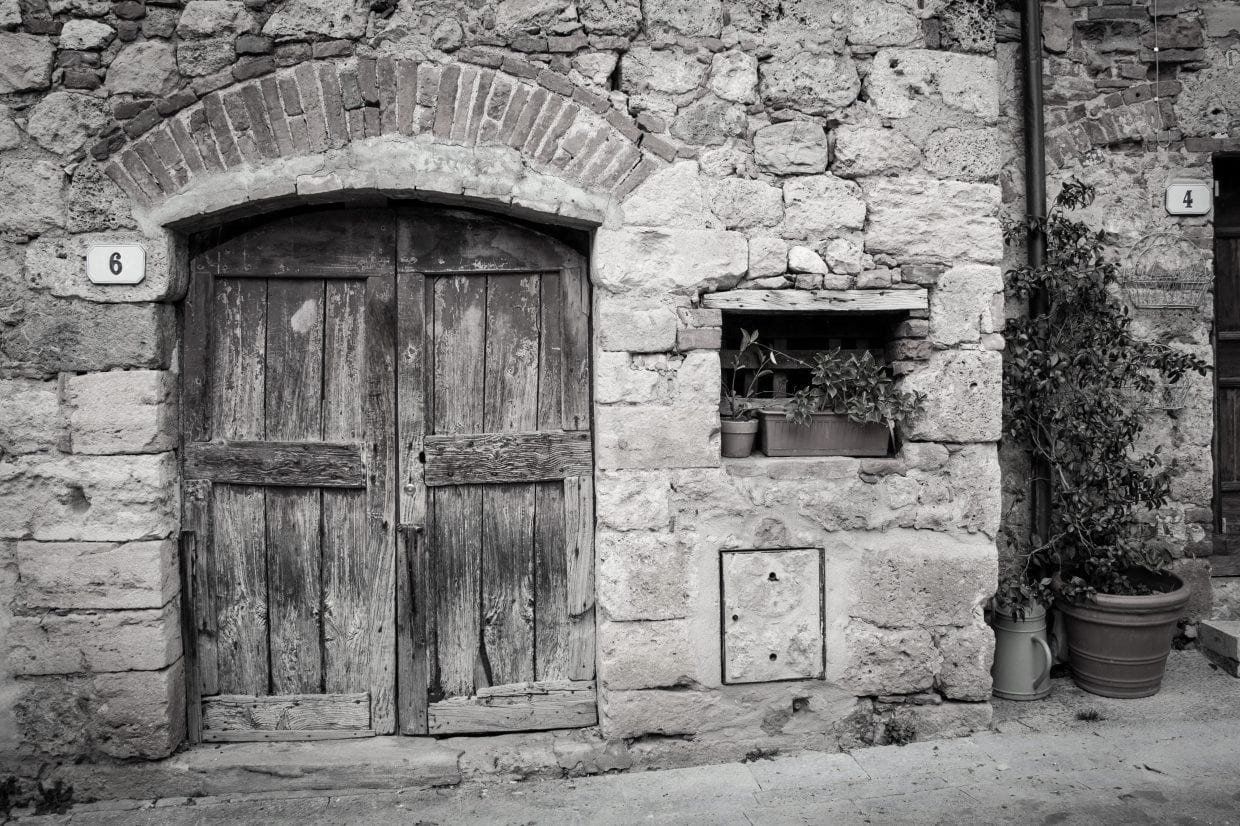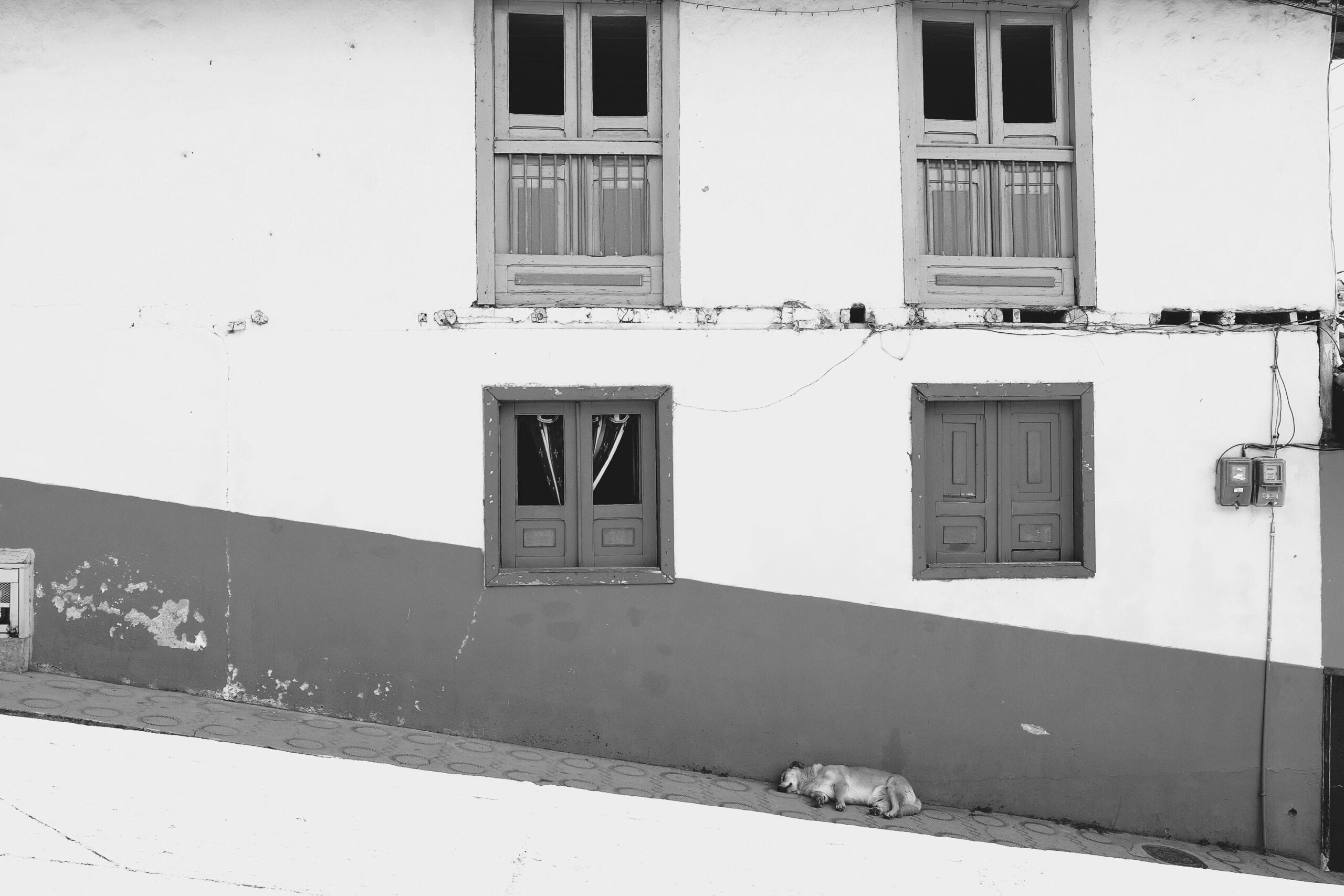This article addresses Iranian women in higher education and their contemporary position in academia in Iran. By systematically reviewing available academic and official databases on women’s positions in academia published online or in print, the question is raised if women’s current position and role in academia is the result of personal choice-making or an existent […]









